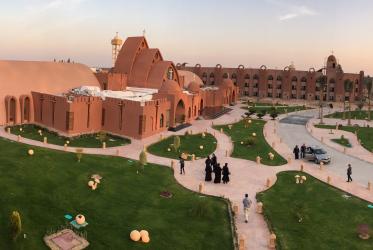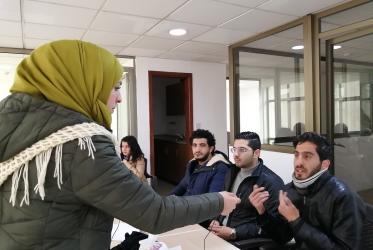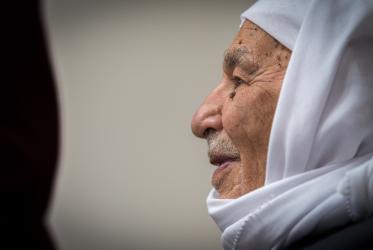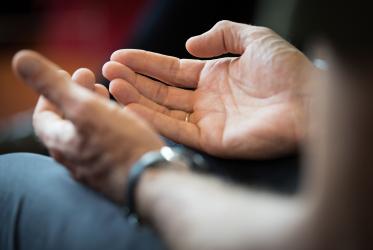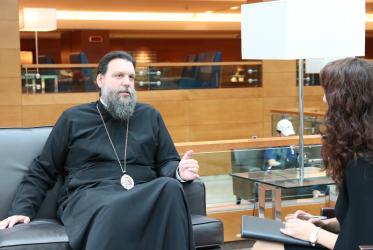Displaying 1 - 20 of 82
Promoting human dignity through art
06 September 2022
COVID-19 in conflict zones: “a crisis within another crisis”
27 November 2020
Are migrants seen and heard? Conference presses the question
19 October 2020
Young people in Togo: “Hear our voice! We want to tell our stories!”
07 November 2019
Knowledge of gender roles deepens in Togo
03 June 2019
A faith-based, holistic approach to HIV and AIDS-care
13 March 2019


